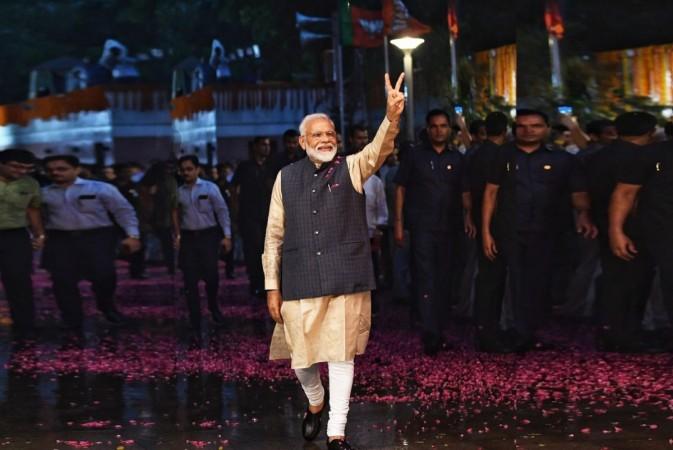
What are the big economic reforms the Narendra Modi government will introduce in the second term? A bigger mandate in the 2019 Lok Sabha elections will help Modi drive his big bore comic reform agenda in the next five years.
The basic themes of the economic reform during Modi 2.0 will revolve around making the country more attractive to foreign investors, giving greater push to privatisation, rolling out a comprehensive labour reforms and addressing the ills of the banking system.
The surprise choice of Nirmala Sitharaman as the finance minister indicates that Modi is looking at using the infectious energy she displayed during the short stint as the defence minister in rolling out big bang economic reforms. The first cabinet meeting of the Modi government will be held later in the evening on Friday, where the council is expected to lay out the broad policy framework for the 100 Day action plan.
Ahead of the announcement of portfolios of the ministers, the vice chairman of NITI Aayog (National Institute for Transforming India) had given vital clues about the economic priorities of the government. In an exclusive interview to Reuters, Kumar said the Modi government will roll out big bang economic reforms in the first 100 days.
Here's the gist of what he said:
Privatisation to get boost
In a big move, the government could fully privatise or close down more than 42 state-controlled companies in the coming months. Another landmark moves being considered is the removal of the cap on foreign direct investment in Air India. Creation of an autonomous holding company to manage all state-owned firms is another plan.
Wooing foreign investors
"They (foreign investors) will have reasons to be happy. You will see a slew of reforms I can assure you of that. We are going to pretty much hit the ground running," Kumar said.
Reform of labour laws
According to Kumar one of the big priorities of the Modi government is the comprehensive reform of the complicated labour laws. The government plans to combine 44 central laws into four codes – wages, industrial relations, social security and welfare, and the fourth - occupational safety, health and working conditions, according to the report.
More land for foreign companies
Unused land from public sector companies will be taken over and added to the country's land bank. "What could be attempted is to build an inventory of government land that can then be offered to foreign investors," according to Kumar.

















